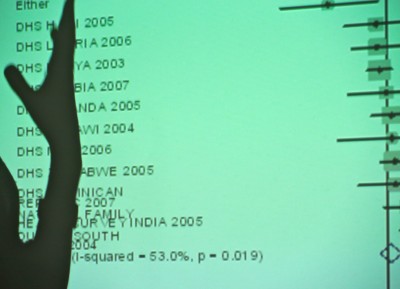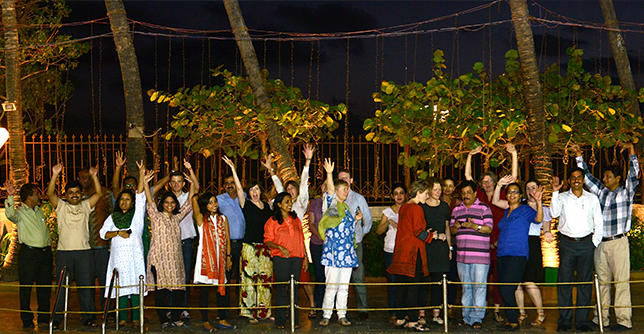
Download an overview of STRIVE or watch this video overview, recorded at STRIVE's pre-conference session at AIDS2018.
Despite substantial progress in addressing AIDS, the number of people newly HIV-infected continues to outstrip the number entering treatment. Although the importance of addressing the structural drivers of HIV is increasingly recognised, there is limited evidence on how best to intervene.
A multi-year international research consortium, STRIVE research focuses on these key upstream determinants:
- gender inequality and violence,
- poor livelihood options,
- alcohol availability and drinking norms, and
- stigma and criminalisation.
The consortium seeks to understand:
- how these forces drive the epidemic;
- what programmes are effective in tackling them;
- how such interventions can, affordably, be taken to scale; and
- how best to translate this research into policy and practice.
Underpinning STRIVE’s work are methodological rigour and innovation, with a commitment to supporting collaborative, multi-disciplinary research to inform change. The consortium's plans are guided by an overarching Theory of Change.
Original Research Director Charlotte Watts gives a less formal introduction to STRIVE's purpose and approach in this 10-minute interview.
Consortium members
Led from the LSHTM, STRIVE is a collaboration between six partners: the International Center for Research on Women (Asia Regional Office, India and Washington, DC, USA), the Karnataka Health Promotion Trust (Bangalore, India), Tanzania’s National Institute for Medical Research and the Mwanza Intervention Trials Unit (Mwanza, Tanzania), and the Witwatersrand Reproductive Health and HIV Institute (Johannesburg, South Africa).
STRIVE affiliates include the HIV/AIDS Group of the United Nations Development Program (New York, USA); IMAGE (Intervention with Micro-finance for Aids and Gender Equity, Limpopo, South Africa); and The Soul City Institute for Health & Development Communication (South Africa).




